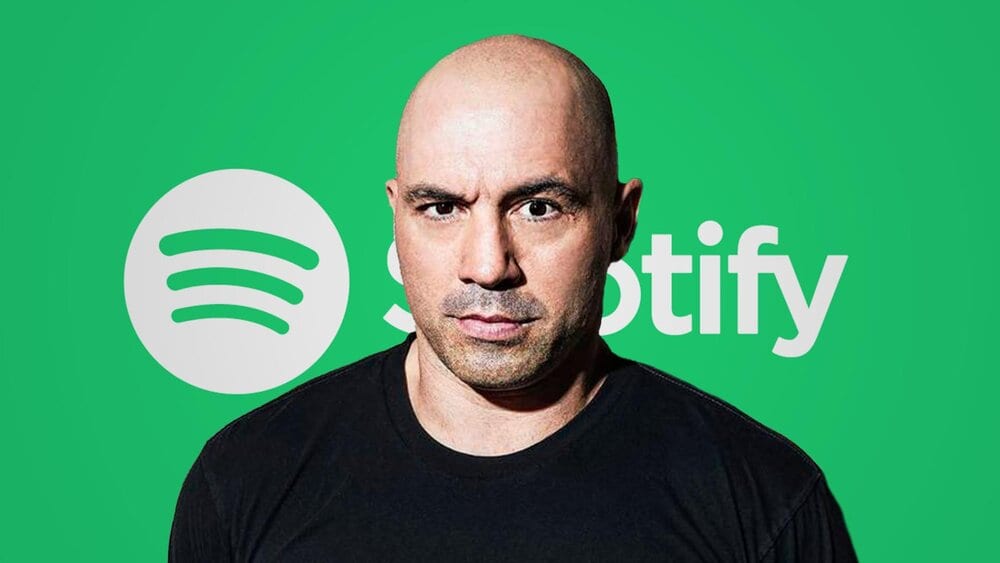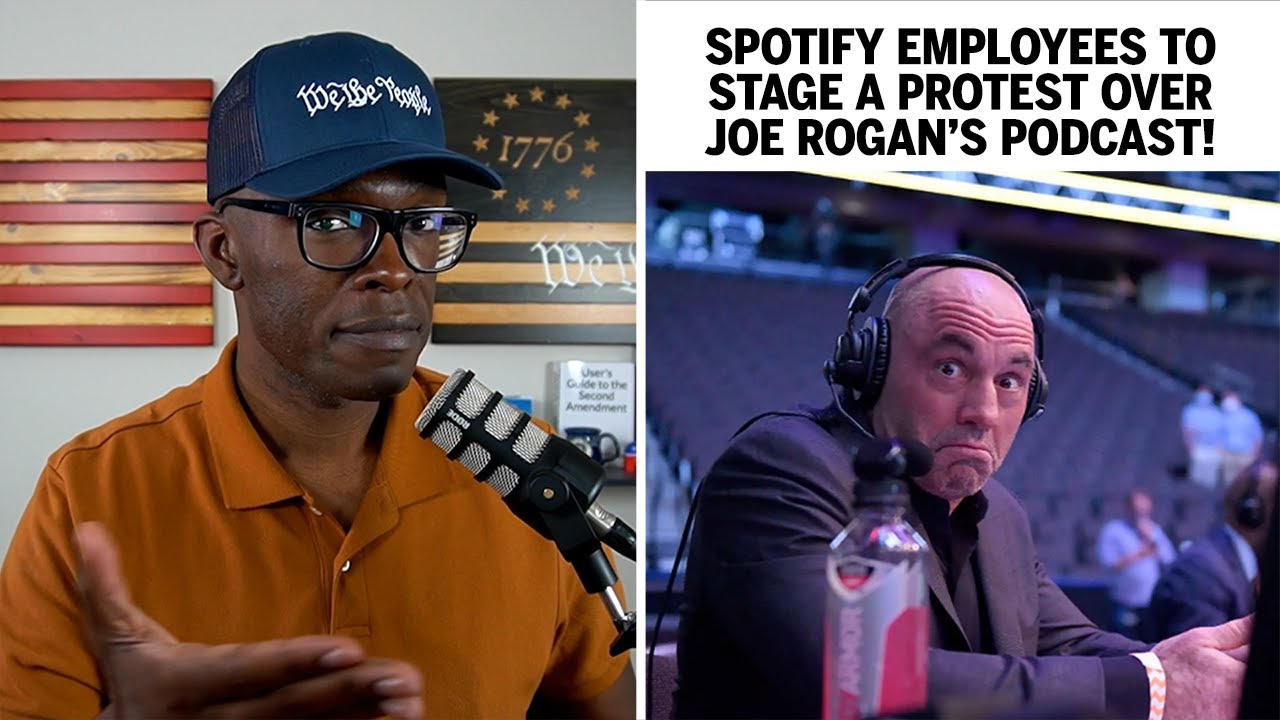

“When they did in fact scale,” she says, Spotify “had a change of heart,” imposing “blatant pay-to-play-schemes involving artists forgoing royalties in exchange” for “algorithm boosts,” and fighting artists in court to keep their “scandalously low” royalty rates in place. Hanley describes Spotify’s history with recording artists as one that began with dizzy promises, sure to be delivered once the platform scaled up. Musicians are getting exploited to feather wealthy podcasters’ nests.

But it also crowded out a better conversation about how l’affaire Rogan has illuminated the deeper problem with Spotify: how the platform earns its money. Psaki’s decision to weigh in only threw accelerant on the online flame war over free speech and censorship, with the government’s thumb now hovering over the scales of the First Amendment. The White House’s intrusion into the conversation isn’t a known best practice: Presidential administrations should avoid getting knit up in every daily tempest that emerges online. Last week, Spotify’s auto-da-fé even prompted a comment from the White House, as press secretary Jen Psaki urged streaming platforms to “ do more” to combat the spread of pandemic misinformation.


More recently, Spotify has deleted scores of old episodes of The Joe Rogan Experience in which the host used racial slurs (for which Rogan issued an apology). Rocker Neil Young, unwilling to continue being associated with the platform because of Rogan, took his leave a number of other musicians followed suit. In recent weeks, podcaster Joe Rogan’s commitment to disseminating vaccine misinformation has caused Spotify, the streaming service that exclusively hosts his wares, no end of self-torture.


 0 kommentar(er)
0 kommentar(er)
